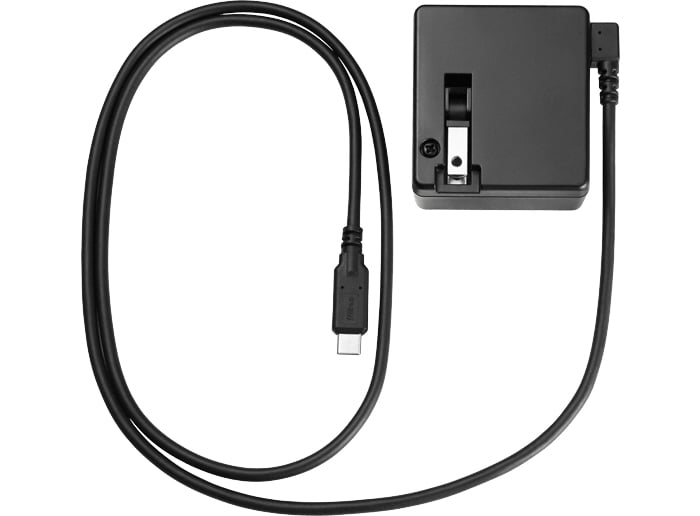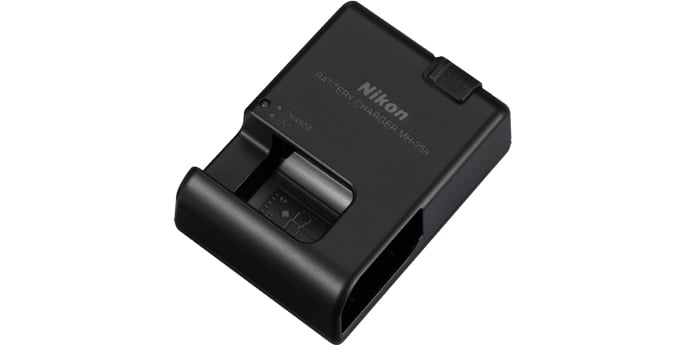Nikon Stops Including Charging Cable Due to Chip Shortage
![]()
The semiconductor shortage is hitting the camera market in unexpected ways. According to an official notice published to Nikon Japan, the company says that it doesn’t have the parts necessary to include the adapter that allows Z7 or Z7 II cameras to charge a battery in-camera.

“Due to the influence of the problem, it is difficult to procure some electronic parts, so we have decided to end the bundled inclusion of the Z7 II and Z7 that previously came with the EH-7P from Thursday, July 1st,” the company explains, translated from Japanese.
Nikon did not specify if this was a permanent decision.

For those who purchase a Z7 or Z7 II after July 1, charging can still take place with the included classic-style MH-25A wall charger that requires the battery to be removed from the camera in order to charge. Additionally, Nikon also says that either camera can be connected to a computer using a USB Cable UC-E25 which is sold separately. The Z7, Z7 II, and both the Z7 24-70mm and Z7 24-70mm FTZ mount adapter kits are affected by this change.
“We will do our utmost to deliver better products to our customers, and we appreciate your understanding.”
According to Digital Camera World, Nikon isn’t the only one who is changing what chargers are included with its cameras. Olympus is supposedly not including the BCS-5 battery charger that had previously been included with other PEN cameras with its PEN E-P7 camera but instead requires the battery to be charged while in the battery compartment of the camera using a USB F-5AC charging cable — this is the reverse situation from Nikon.
While the global semiconductor shortage has hit computers and cars hardest, this situation shows that camera manufacturing is also susceptible to the problems, albeit in an unusual way.